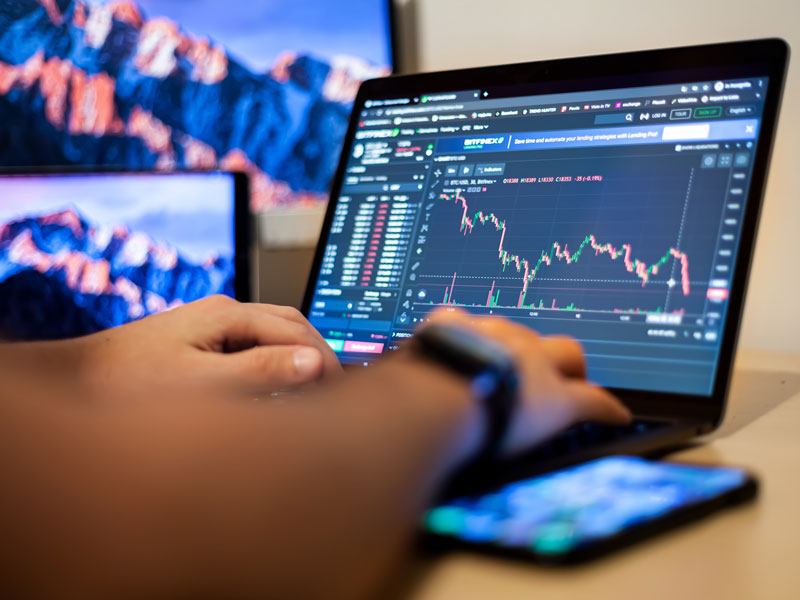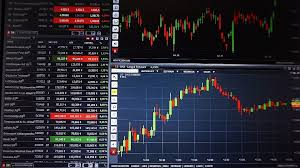
What is Forex Trading?
Forex trading, or foreign exchange trading, refers to the global market where currencies are traded. The forex market is the largest and most liquid financial market in the world, with trillions of dollars changing hands daily. It operates 24 hours a day, five days a week, in various financial centers around the globe, including London, New York, Tokyo, and Sydney. As the most actively traded market, it offers unparalleled opportunities for traders to engage in the buying and selling of currencies. For more detailed insights, you can visit what is forex trading https://acev.io/.
At its core, forex trading involves exchanging one currency for another, allowing traders to capitalize on fluctuations in exchange rates. Investors buy currency pairs, such as EUR/USD, which indicates how many US dollars are needed to purchase one Euro. If a trader believes that the Euro will strengthen against the dollar, they might buy the EUR/USD pair. Conversely, if they believe the Euro will weaken, they would sell the pair.
How Does Forex Trading Work?
Forex trading essentially consists of two transactions: buying one currency and selling another. The prices of currencies fluctuate based on supply and demand, economic indicators, political events, and market sentiment. Traders use various analysis techniques, including fundamental and technical analysis, to make informed decisions.
One of the key features of forex trading is leverage. Many brokers offer substantial leverage, allowing traders to control larger positions with a relatively small amount of capital. While leverage can amplify profits, it also increases the potential for significant losses. As a result, risk management is a crucial aspect of successful trading.
The Benefits of Forex Trading
Forex trading possesses numerous advantages that attract millions of traders worldwide. Some of the primary benefits include:

- Liquidity: The forex market’s massive volume ensures high liquidity, meaning traders can enter and exit positions with minimal price disruption.
- Accessibility: With online trading platforms, individuals can begin trading with relatively small amounts of capital from the comfort of their homes.
- 24-Hour Market: The forex market operates continuously throughout the week, allowing traders to engage whenever they prefer.
- Variety of Trading Options: Traders can engage in various currency pairs, tailoring their strategies to preferences and market conditions.
- Leverage Opportunities: Traders can multiply their potential returns through leverage, making it possible to earn significant profits with a relatively small initial investment.
Getting Started with Forex Trading
For newcomers interested in diving into the world of forex trading, here are some essential steps to consider:
- Educate Yourself: Understanding the basics of forex markets, trading strategies, and terminologies is vital. Numerous online resources, forums, and courses are available to help beginners get started.
- Choose a Reliable Broker: Select a reputable forex broker that provides access to various currency pairs, competitive spreads, and robust trading platforms. Additionally, ensure that the broker is regulated and has positive reviews from other traders.
- Create a Demo Account: Most brokers offer demo accounts that allow traders to practice trading with virtual money. This is a valuable tool for familiarizing yourself with the trading platform and implementing strategies without risking real capital.
- Develop a Trading Plan: Establish a clear trading strategy that outlines your goals, risk tolerance, and preferred trading style. A well-thought-out plan can help prevent emotional decision-making.
- Start Trading with Real Money: Once you feel comfortable and have practiced sufficiently, you can begin trading with a live account. Start small, gradually increasing your investment as you gain more experience and confidence.
Risks Involved in Forex Trading
While forex trading can be profitable, it is essential to understand the inherent risks involved. Market volatility can lead to rapid price fluctuations, potentially resulting in losses. Additionally, the use of leverage can amplify losses as well as gains, which is why risk management strategies, such as setting stop-loss orders, are critical.
Traders should also be cautious of psychological factors that may influence their trading decisions. Emotions like fear and greed can lead to rash decisions, underscoring the importance of discipline and maintaining a trading plan.
Conclusion
Forex trading offers exciting opportunities to profit from currency fluctuations in one of the world’s most dynamic markets. With proper education, a solid trading plan, and risk management strategies, individuals can navigate the complexities of forex trading and work towards achieving their financial goals. As with any investment, it is essential to approach forex trading with caution, understanding the risks and committing to continuous learning and practice.
